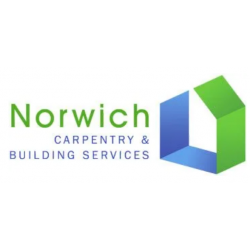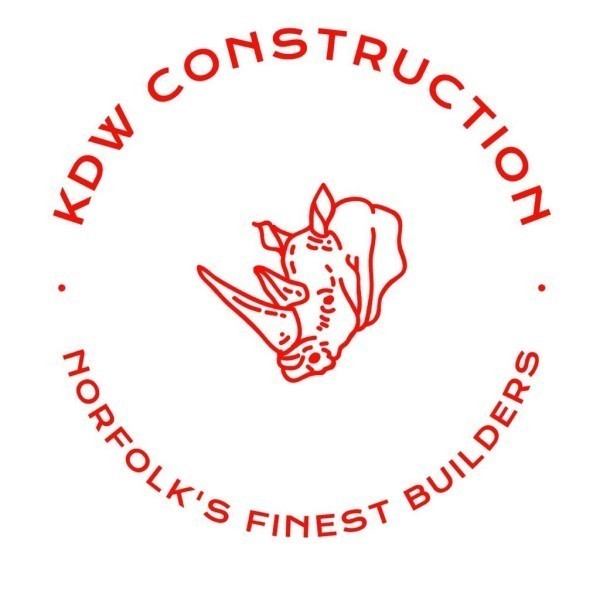Extension Builders in Great Yarmouth
Filter your search
Post your job FREE and let trades come to you
Save time by filling out our simple job post form today and your job will be sent to trades in your area so you can sit back, relax and wait for available trades to contact you.
Post your job FREESearch Extension Builders in places nearby
Introduction to Extension Builders in Great Yarmouth
Great Yarmouth, a charming coastal town in Norfolk, is known for its rich history and vibrant community. As families grow and lifestyles change, many residents find themselves in need of more space. This is where extension builders in Great Yarmouth come into play. These skilled professionals help homeowners expand their living spaces, adding value and functionality to their homes.
The Importance of Choosing the Right Builder
Choosing the right extension builder is crucial for ensuring a successful project. A good builder will not only bring your vision to life but also ensure that the work is completed to a high standard, on time, and within budget. With numerous builders available in Great Yarmouth, it's essential to know what to look for.
Experience and Expertise
When selecting an extension builder, consider their experience and expertise. Builders with a proven track record in the industry are more likely to deliver quality work. Look for builders who specialise in the type of extension you require, whether it's a kitchen extension, a loft conversion, or a conservatory.
Reputation and Reviews
Reputation is everything in the building industry. Check online reviews and ask for references from previous clients. A builder with positive feedback and a solid reputation is more likely to meet your expectations.
Understanding the Types of Extensions
Before embarking on an extension project, it's important to understand the different types of extensions available. Each type serves a unique purpose and comes with its own set of considerations.
Single-Storey Extensions
Single-storey extensions are a popular choice for homeowners looking to add extra living space without altering the overall structure of their home. These extensions are often used to expand kitchens, living rooms, or dining areas.
Double-Storey Extensions
For those needing more space, double-storey extensions provide additional rooms on both the ground and first floors. This type of extension is ideal for growing families who require more bedrooms or bathrooms.
Loft Conversions
Loft conversions are an excellent way to utilise unused attic space. They can be transformed into bedrooms, home offices, or playrooms, adding significant value to your property.
Conservatories and Orangeries
Conservatories and orangeries offer a unique way to bring the outdoors in. These glass structures provide a light and airy space that can be used as a sunroom, dining area, or even a home office.
Planning and Designing Your Extension
Once you've decided on the type of extension you want, the next step is planning and designing. This stage is crucial for ensuring that your extension meets your needs and complements your existing home.
Working with an Architect
An architect can help you design an extension that maximises space and light while adhering to local building regulations. They can also provide valuable insights into materials and design trends.
Setting a Budget
Setting a realistic budget is essential for any extension project. Consider all costs, including materials, labour, and any additional expenses such as planning permission or building regulations approval.
Obtaining Planning Permission
Depending on the size and scope of your extension, you may need planning permission from your local council. It's important to check the requirements early in the process to avoid any delays.
The Building Process
Once the planning and design stages are complete, the building process can begin. This phase involves several key steps, each of which requires careful coordination and management.
Site Preparation
Before construction can begin, the site must be prepared. This includes clearing the area, setting up temporary fencing, and ensuring that utilities are safely disconnected if necessary.
Foundation and Structural Work
The foundation is one of the most critical components of any extension. It must be strong enough to support the new structure and comply with building regulations. Once the foundation is laid, the structural work can begin.
Roofing and Insulation
After the walls are up, the next step is to install the roof and insulation. This stage is crucial for ensuring that the extension is weatherproof and energy-efficient.
Interior Finishing
The final stage of the building process involves finishing the interior. This includes installing flooring, lighting, and fixtures, as well as painting and decorating.
Ensuring Quality and Compliance
Throughout the building process, it's important to ensure that all work is completed to a high standard and complies with local building regulations.
Regular Inspections
Regular inspections by a qualified building inspector can help ensure that the work meets all necessary standards. These inspections are typically required at various stages of the project.
Quality Materials
Using high-quality materials is essential for ensuring the longevity and durability of your extension. Discuss material options with your builder and choose those that offer the best balance of quality and cost.
Post-Construction Considerations
Once the construction is complete, there are a few additional considerations to keep in mind to ensure that your new extension is fully functional and meets your needs.
Final Inspections and Approvals
Before you can start using your new space, a final inspection is required to ensure that all work has been completed to a satisfactory standard. Once approved, you'll receive a completion certificate.
Furnishing and Decorating
With the construction complete, it's time to furnish and decorate your new space. Consider the purpose of the room and choose furniture and decor that complements the overall design.
Frequently Asked Questions
- Do I need planning permission for an extension? It depends on the size and scope of the extension. Check with your local council for specific requirements.
- How long does it take to build an extension? The timeline varies depending on the complexity of the project, but most extensions take between three to six months to complete.
- Can I live in my home during construction? In most cases, yes, but there may be some disruption. Discuss this with your builder to understand what to expect.
- How much does an extension cost? Costs vary widely depending on the size and complexity of the project. It's important to set a realistic budget and discuss costs with your builder.
- What should I look for in a builder? Look for experience, expertise, a solid reputation, and positive reviews from previous clients.
- What are the benefits of adding an extension? Extensions add space, increase property value, and can be tailored to meet your specific needs.
Conclusion
Extension builders in Great Yarmouth play a vital role in helping homeowners expand and enhance their living spaces. By choosing the right builder and understanding the process, you can ensure a successful project that adds value and functionality to your home. Whether you're looking to add a single-storey extension, convert your loft, or build a conservatory, the possibilities are endless. With careful planning and execution, your dream extension can become a reality.

























